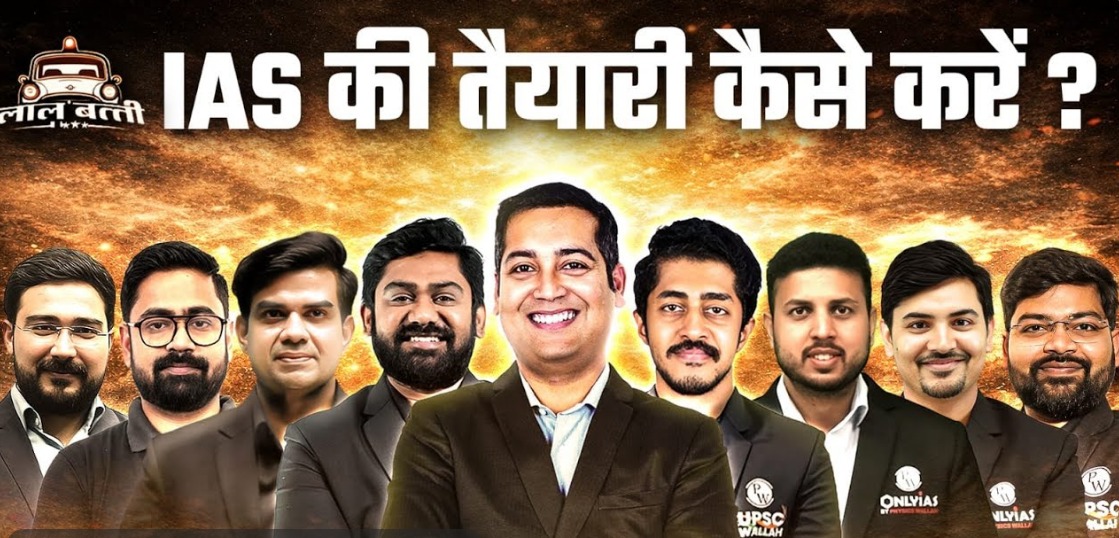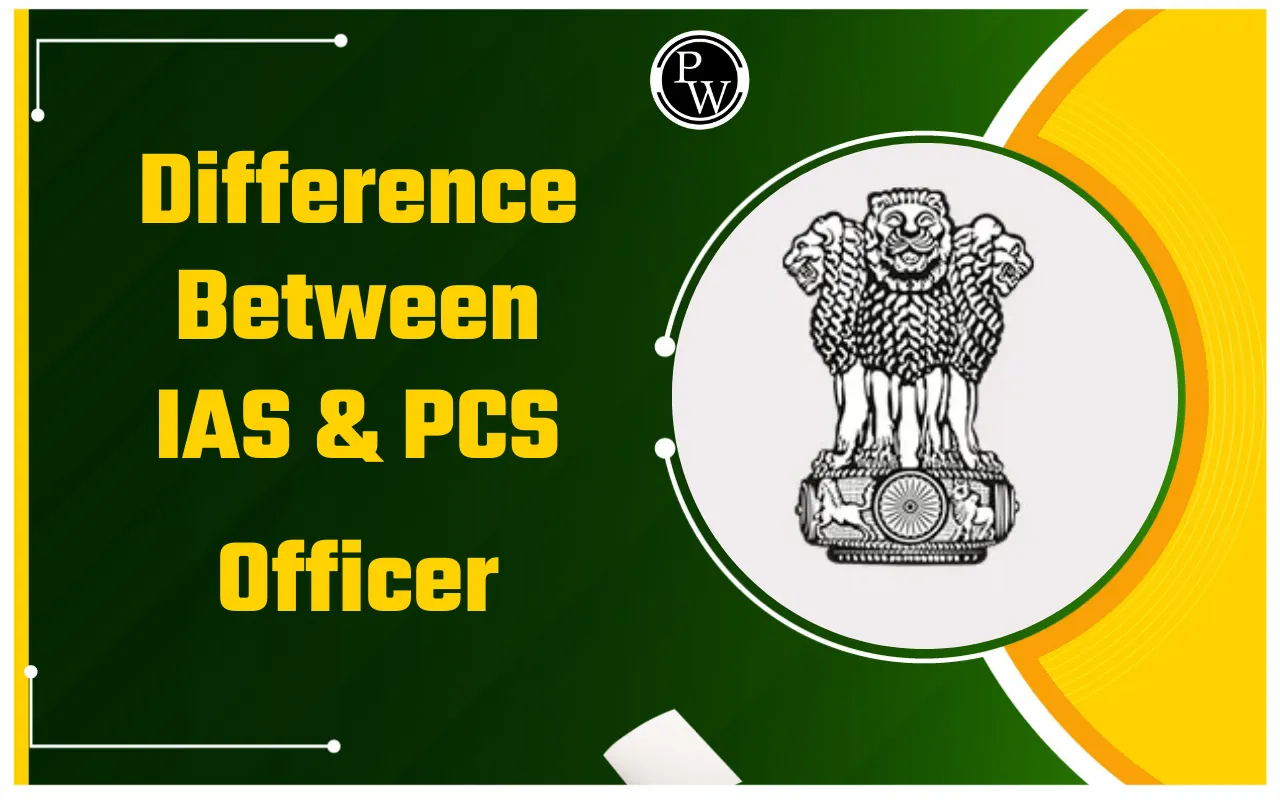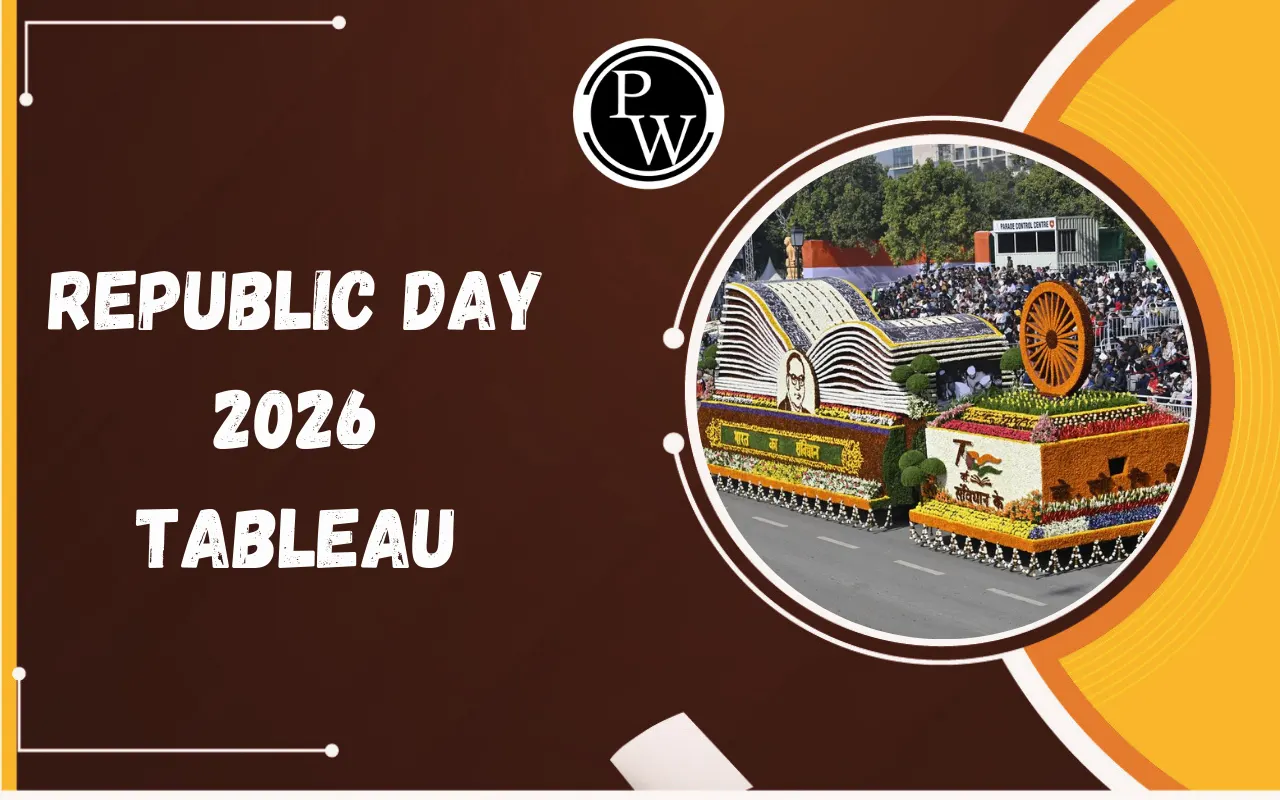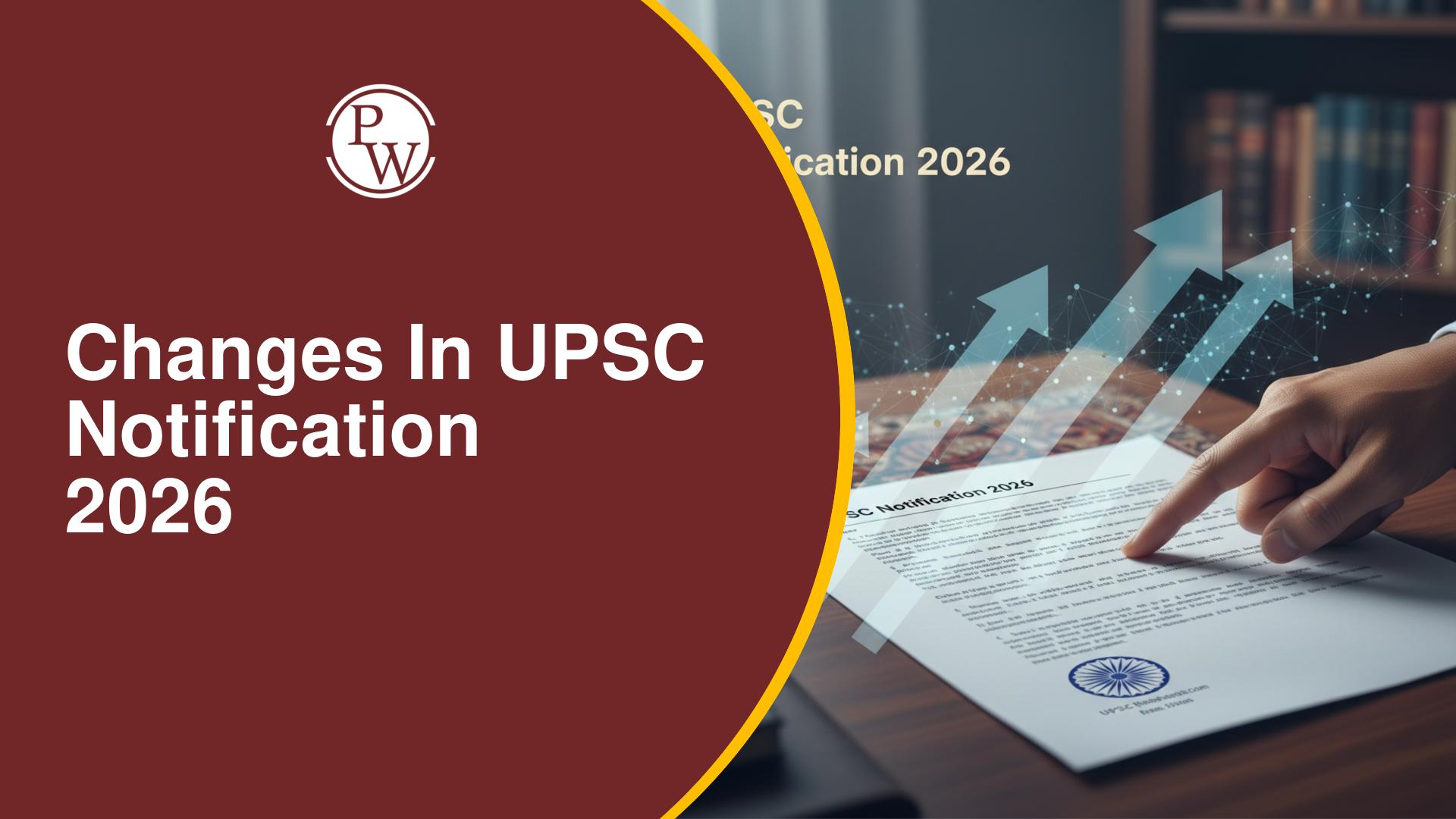
UPSC Santhali Literature Syllabus 2025: Candidates opting for literature subjects as Optional in UPSC Mains can choose from 23 languages prescribed in the official notification. The Santhali Literature syllabus deals with the evolution and development of this language from ancient to modern times.
Candidates will be required to read the poetry, drama, novels, and biographies in Santhali; therefore, having proficiency in this language is a must to target a score of 500 marks. Read on for the UPSC Santhali Literature Syllabus 2025 in detail.UPSC Santhali Literature Optional Paper 2025
Santhali is quite an old Indian language that traces back to ancient times, when it got its name from ‘Santal’. The main tribes of Jharkhand, Orissa, Bihar, Chhattisgarh, Tripura, and West Bengal in India are known for speaking Santhali, which is also considered a dialect of the Munda language. Due to a significant 7.6 million people speaking this language, the 92nd Amendment added Santhali to the 8th Schedule of the Constitution.The UPSC Santhali Language is mainly concerned with literature and cultural aspects. This is why the UPSC Mains Syllabus for Santhali Literature is well defined, serving as the best choice for native/proficient candidates.
UPSC Santhali Literature Exam Pattern 2025
The Santhali Literature for UPSC Syllabus 2025 is described in the official notification. UPSC question papers will be provided in Santhali, but candidates will have the option to write answers in either Devanagari script or in Olchiki script. The UPSC Santhali Literature pattern is as follows:| Particular | Details |
| Paper | UPSC Mains Paper VI and Paper VII |
| Syllabus Division | Optional Paper I and Paper II |
| Total Marks | 500 (250 Each) |
| Marks Distribution | 10, 15, and 20 |
| Time Limit | 3 Hours |
| Sections | Section A and Section B |
| Total Questions | 8 |
| Compulsory Question | Questions No. 1 and 5 |
| Writing Language | Santhali |
| Script | Devanagari or Olchiki |
UPSC Santhali Literature Optional Paper I Syllabus
Paper I of Santhali Literature is divided into two sections. Section A revolves around the history of the Santhali language and Santhali literature. Section B is concerned with literary forms , folk literature , modern literature , and famous Santhali writers. The UPSC Santhali Literature syllabus for Paper I is as follows:| UPSC Santhali Literature Optional Paper I Syllabus | |
| Section A: History of Santhali Language and History of Santhali Literature | Section B: Literary forms—Main characteristics, history, and development of the following literary forms. |
|
Modern literature in Santhali 1. Development of poetry and prominent poets. 2. Development of prose and prominent writers. (i) Novels and prominent Novelists. (ii) Stories and prominent story writers. (iii) Drama and Prominent Dramatist. (iv) Criticism and prominent critics. (v) Essay, sketches, memoirs, travelogues, and prominent writers.
|
UPSC Santhali Literature Optional Paper II Syllabus
Paper II of the Santhali Literature Optional tests assess the critical abilities of candidates. They are required to read in-depth texts of Ancient and Modern Santhali Literature. Section A is mainly concerned with prose and poetry of ancient Santhali Literature, while Section B deals with poetry, novels, drama, stories, and biographies of modern Santhali Literature.| UPSC Santhali Literature Optional Paper II Syllabus | |
| Section A: Ancient Literature | Section B: Modern Literature |
|
|
UPSC Santhali Literature Syllabus 2025 PDF
Santhali Literature covers the language’s structure, literary history, and critical analysis of key texts. Candidates must write the exam in Santhali using the Olchiki script. UPSC Santhali Literature Syllabus 2025 PDF is provided here, outlining all topics for the 2025 exam.
UPSC Santhali Literature Syllabus 2025 PDF Download Link
UPSC Santhali Literature Optional Previous Year Question Papers
The UPSC question paper of Santhali Literature gives some important insights to get ready for the Civil Services Mains. Candidates can download the previous year's Santhali Literature Question Paper PDF from the official website or directly from the link given below :| UPSC Santhali Literature Optional PYQs | |
| Year | Link |
| 2016 | Santhali Literature Optional Paper I |
| Santhali Literature Optional Paper II | |
| 2015 | Santhali Literature Optional Paper I |
| Santhali Literature Optional Paper II | |
| 2014 | Santhali Literature Optional Paper I |
| Santhali Literature Optional Paper II | |
Books For Santhali Literature Optional for UPSC Mains
To cover the UPSC Santhali Literature syllabus, it is advised to refer to standard books from acknowledged writers. The suggestions for books for paper II can be found in the UPSC Santhali Literature syllabus, but for paper I, candidates should consult the expert's recommended books. Here is the list of Santhali Literature books for UPSC CSE mains:| UPSC Santhali Literature Books | |
| Paper I | Paper II |
|
|
Santhali Literature Optional Preparation Strategy
Santhali Literature is a relatively less-picked subject, as evident in the UPSC Mains previous year's trends . However, since the UPSC Santhali Literature syllabus is limited, this subject can be scored in mains for candidates having knowledge of this language. Here is how to prepare for the Santhali Literature Optional Subject:- Remember each topic of the Santhali Literature syllabus and make a list of books to refer to.
- Go through the previous year's question papers and highlight important topics that should be focused on.
- Have a good book on Santhali grammar to avoid mistakes in answer writing.
- Take guidance from experts or join the UPSC online course if you are facing difficulties in preparation.
- Summerise the text of books of writers listed in the UPSC Santhali Literature syllabus in your own language.
- Make Santhali Literature notes that will help you in revision for the UPSC Mains exam, particularly for significant developments in Santhali Literature and the contributions of famous writers.
- Join a test series to evaluate your writing skills and get feedback from experts.
- While candidates have the option of answering Santhali Literature questions in the script of their choice, they should avoid using regular vocabulary.
- Incorporate the feedback from mentors into your answer writing for UPSC Mains.
UPSC Santhali Literature Syllabus FAQs
What is the benefit of choosing the Santhali Literature in UPSC Mains?
In which script Santhali Literature answers can be written?
How to cover the Santhali Literature Syllabus for UPSC mains?
Which optional literature subject is best for UPSC?
What is Santhali Literature subject in UPSC CSE Mains?







